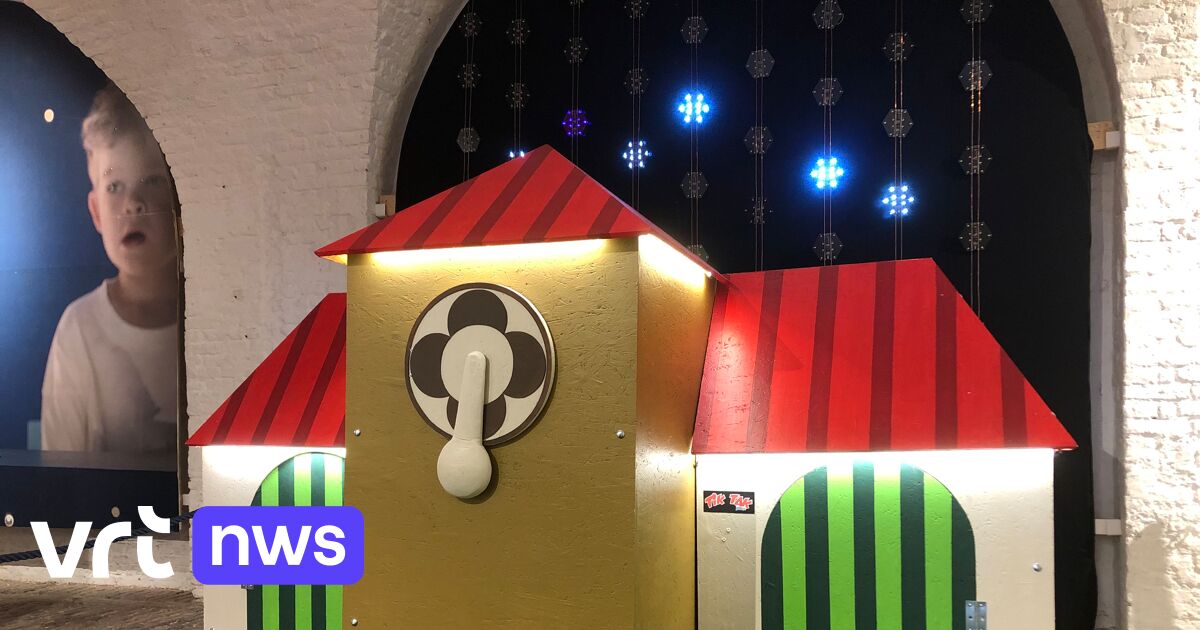The Flemish Steven Laureys is a neurologist at the University Hospital in Liège. Every day he sees how his hospital is filling up rapidly. “As a neurologist I am not at the forefront myself. But I have a lot of respect for the doctors and nurses. We have been asking a lot for that for a long time. The need is great.”
–
–
That the need is great is clearly visible from the figures. Belgium now has more infections per 100,000 inhabitants than the Netherlands. The city of Liège, 25 kilometers from Maastricht, stands far above it. Where Belgium had 510 infections per 100,000 inhabitants in the past week, Liège has 1,022.
–
–
At the same time, hospital admissions are also increasing. The graph below shows that the total number of hospital admissions in the province of Liège is now even higher than in the peak in the spring.
–
–
To be able to care for all those patients day and night, staff is of course needed. However, it is becoming increasingly difficult to find nurses and doctors. So a daring decision was made in the hospital in Liège. “We ask those who test positive but are not sick to come to work,” says neurologist Laureys.
Not just a need for beds
“That shows that we are not only short of beds, but also of people,” says the neurologist. “It’s not without risk. It’s something we don’t like. But it illustrates how difficult the situation is now.”
–
–
According to Laureys, the hospital in Liège is not the only hospital in Belgium that employs positive tested people. “Hospitals cannot afford quarantines by doctors and nurses. Our people are not super men or women, and yet we ask a lot from them. One exception to the quarantine rule. Obviously with precautions.”
War
To make up for the shortage of people, staff in other departments are asked to assist with corona care. “That is at the expense of the quality of care”, says Laureys. “We now refer people with burns to other centers. It is a situation reminiscent of war.”
–
–
That is why he is calling for solidarity to other hospitals to take over tasks from Liège. First of all, hospitals in the immediate vicinity of Liège. “But they are also saturated, so we had to look at other provinces,” says the neurologist. “People are being received in Leuven, among others, but in many provinces it is now code red. So it will be difficult to keep moving people.”
Help from Maastricht?
What is left as an option? Abroad. For example, some nearby German cities could help out, but also Dutch ones. “Maastricht, Eindhoven, Cologne, because we can’t take it alone anymore,” says Laureys. Geographically, Maastricht is not an illogical choice. The distance between the two cities is only 25 kilometers.
–
–
The MUMC, the hospital in Maastricht, says in a response that it has not yet received a request from the hospital in Liège.
If the request comes, it will be an official international request that will be handled nationally in the Netherlands. This means that it will not be decided in Maastricht itself whether the hospital in South Limburg can actually take over patients.
–
–
To date, the figures in Maastricht are much less high than in Liège, and not nearly as high as in the Randstad. So the MUMC is already taking care of a number of patients from the west of our country every day. The question is whether there will eventually be room for patients from Belgium.
Tidal wave
Neurologist Laureys hopes so. “Solidarity is the keyword. We need a coordinated approach. It will last for a while. It’s a wave, even a tidal wave. But one ray of hope: we know that a wave will end again.”
–
–


